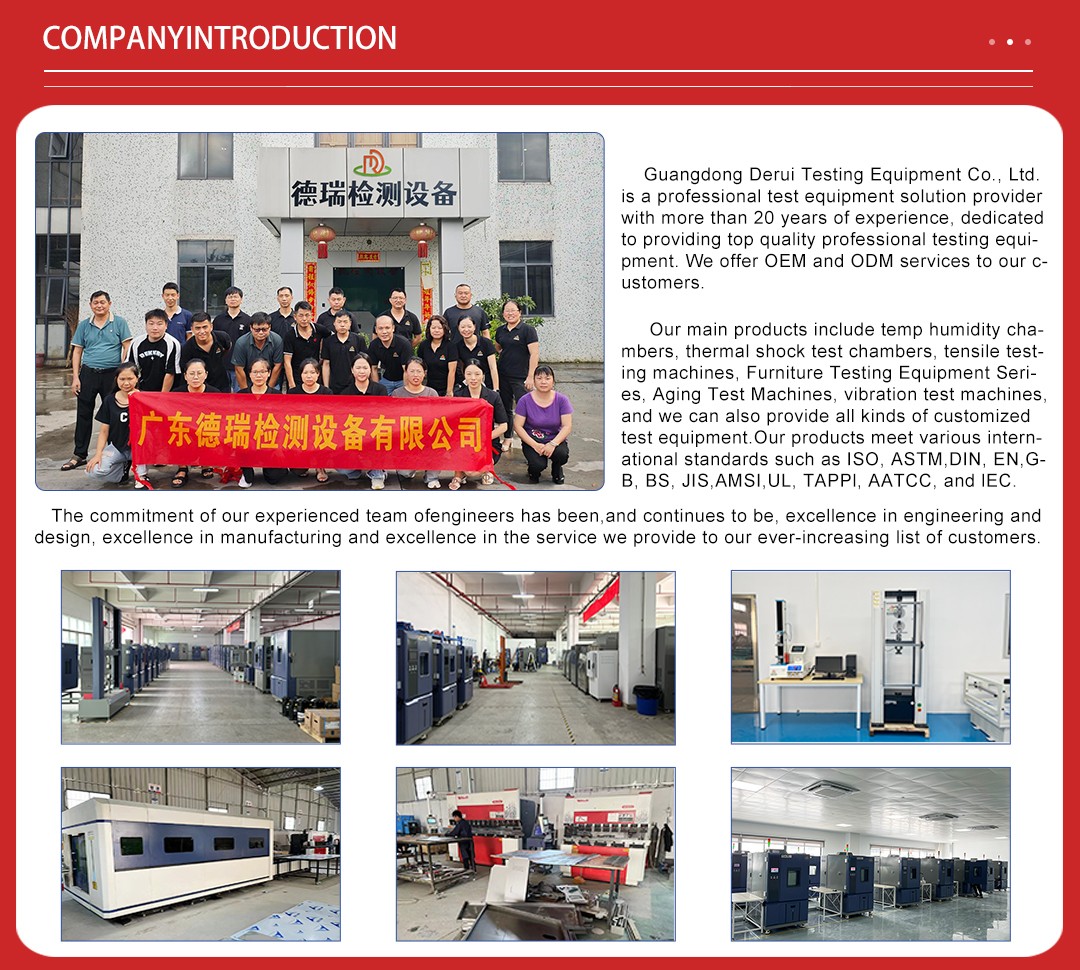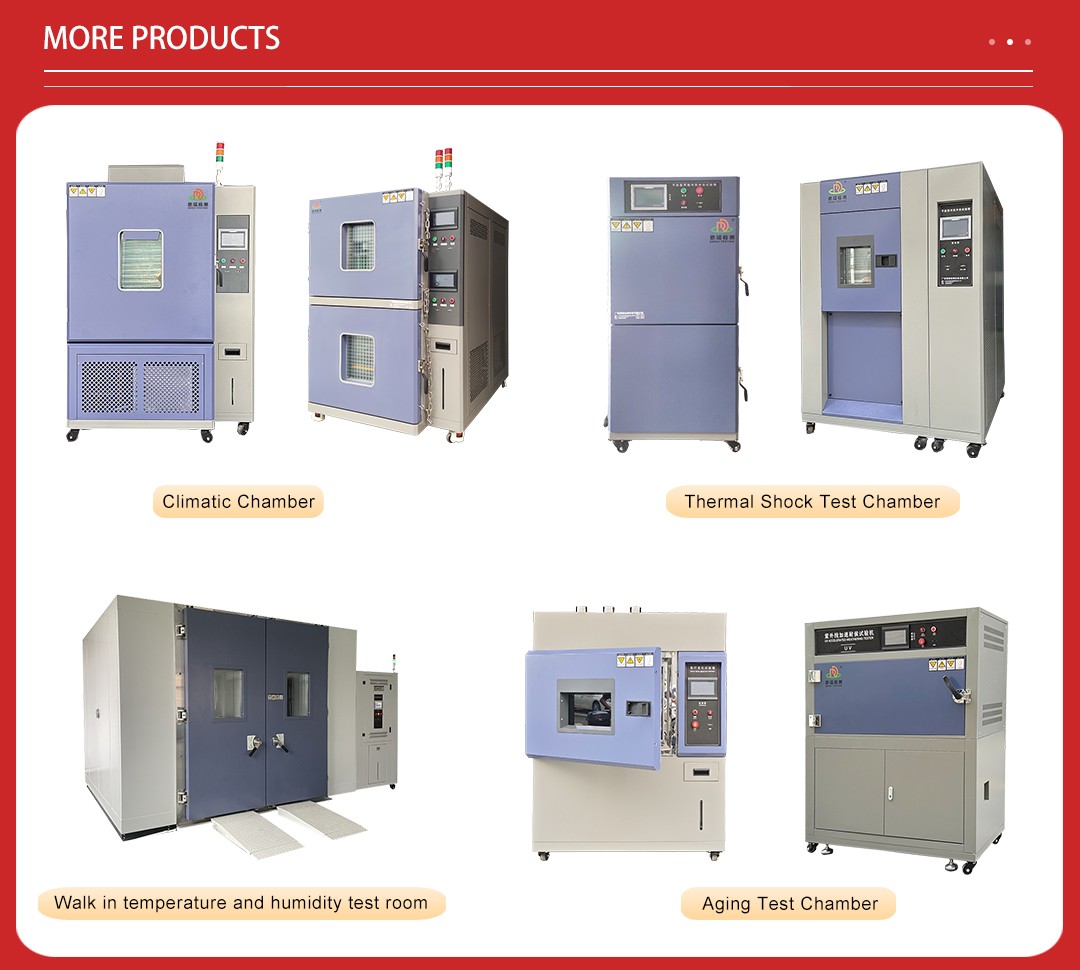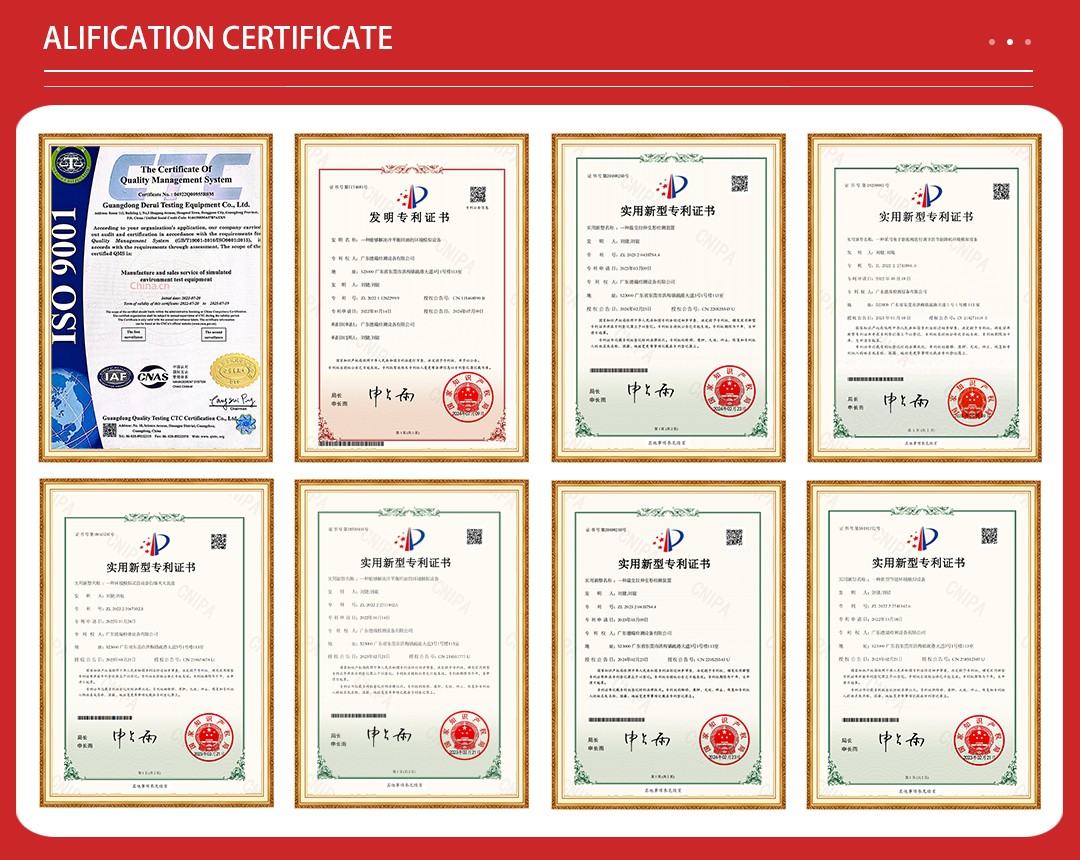
In the plastics and rubber sectors, the UV aging test chamber plays a crucial role. For plastics, it helps evaluate the durability of various plastic products such as plastic pipes, sheets, films, and ...

In the plastics and rubber sectors, the UV aging test chamber plays a crucial role. For plastics, it helps evaluate the durability of various plastic products such as plastic pipes, sheets, films, and injection-molded parts. It can accurately predict how these plastics will age and degrade when exposed to sunlight over time, enabling manufacturers to improve product formulations and enhance quality. In the rubber industry, it is essential for testing rubber products like tires, seals, and conveyor belts. By simulating long-term ultraviolet exposure, it reveals potential cracking, hardening, or loss of elasticity issues, ensuring that rubber products maintain reliable performance during their service life.

1. In the plastics industry, common standards include ISO 4892 - 3, which specifies the laboratory light source exposure test methods for plastics using fluorescent UV lamps. It details the test conditions, sample preparation, and evaluation procedures.
2. For rubber, standards like ASTM G154 are often followed. This standard outlines the procedures for operating xenon arc or fluorescent UV exposure apparatus for rubber and elastomer materials, covering aspects like exposure cycles, temperature control, and result assessment.

Appearance Characteristics
1. The exterior of the test chamber is usually made of high-quality stainless steel or cold-rolled steel with a sprayed plastic finish. This not only provides excellent corrosion resistance but also gives it a professional and durable look. The sleek design ensures it can fit well in laboratory environments.
2. It features a large, anti-UV glass observation window, which allows researchers to monitor the sample status during the test without interrupting the process. The window is carefully designed to prevent any UV leakage while providing a clear view.
Structural Characteristics
1. The internal structure is designed with sample holders that can accommodate a variety of shapes and sizes of plastic and rubber samples. The holders are often adjustable or rotatable to ensure uniform exposure to UV radiation, temperature, and humidity. For example, a multi-tiered rotating sample holder can make sure that all samples receive equal treatment.
2. The chamber is constructed with excellent thermal insulation materials to maintain stable internal temperature conditions. This insulation helps reduce energy consumption and ensures accurate test results by minimizing external temperature interference.
Performance Characteristics
1. UV Radiation Intensity: It can provide precise and adjustable UV radiation intensities, typically ranging from a few watts per square meter to dozens of watts per square meter. This flexibility allows it to meet the requirements of different test standards and materials. For sensitive plastics, a lower intensity might be used, while more durable materials can handle higher intensities.
2. Wavelength Range: The chamber is capable of generating ultraviolet light within specific wavelength ranges, mainly covering UVA (315 - 400nm) and UVB (280 - 315nm). This closely replicates the natural sunlight spectrum, ensuring realistic aging simulation.
3. Temperature and Humidity Control: It has advanced temperature and humidity control systems. The temperature range can span from below room temperature to over 80°C, and the humidity control range is usually from 20% to 98% relative humidity. This enables the simulation of various environmental conditions, from arid deserts to humid tropics.

Item | Specification |
Outside dimension | 1300W×500D×1460Hmm |
Chamber material | Paint Spray |
Temperature range | RT~70℃ |
Temperature fluctuation | ±2℃ |
Temperature control | PID SSR control |
Humidity range: | ≥95%RH |
Controller | Programmable controller, LCD touch screen |
Control mode | Balance temperature humidity control (BTHC) |
Test cycle setting | Exposure, condensation and water spray test cycle is programmable |
Lamp power | 40W/Piece |
Distance from sample to lamp | 50±2mm |
Centre distance between the lamp | 70mm |
Irradiance | 0.45~0.8W/m2 (optional) |
UV lamps | Imported Atlas UV-A: 315-400nm (8pcs, 1600h lifetime) |
Standard Specimen Size | 75×290mm (24pcs) or 75x150mm (48pcs), max. thickness 5mm |
Testing time | 0~999H, adjustable |
Protection system | Overload short circuit protection |

Functions
1. Accelerated Aging Simulation: The primary function is to mimic the natural aging process caused by ultraviolet radiation in a much shorter time frame. It allows manufacturers to quickly assess the long-term performance of materials under sunlight without having to wait for years of actual outdoor exposure.
2. Quality Control and Product Improvement: By subjecting samples to controlled UV conditions, companies can identify weaknesses in their plastic and rubber formulations. This information can be used to modify the materials, add stabilizers, or adjust manufacturing processes to enhance the overall quality and lifespan of the products.
Working and Testing Principles
1. UV Radiation Generation: Special ultraviolet lamps are installed inside the chamber. These lamps emit ultraviolet light with specific wavelengths. When the lamps are powered on, they flood the chamber with UV radiation, which initiates photochemical reactions in the plastic and rubber samples.
2. Temperature and Humidity Regulation: The heating and cooling systems work in tandem with humidifiers and dehumidifiers. Based on the set parameters, the control system adjusts the power of the heating or cooling elements and the operation of the humidity control devices to maintain the desired temperature and humidity levels. This creates a comprehensive aging environment.
3. Sample Aging Process: As the samples are exposed to the combined effects of UV radiation, temperature, and humidity, chemical bonds within the materials start to break and reform. This leads to changes in physical properties such as color, mechanical strength, and elasticity, mimicking the natural aging process.
Working Conditions
1. Electrical Requirements: The test chamber typically requires a stable power supply with a specific voltage and frequency range. For example, it might need a three-phase 380V power source with a frequency of 50Hz. Adequate grounding is also essential to ensure electrical safety.
2. Installation Space: Sufficient space should be reserved for installation. It needs to be placed in a well-ventilated area to dissipate heat generated during operation. The surrounding environment should be relatively clean and free from excessive dust, vibration, and corrosive gases to prevent damage to the equipment.
Ordering Process
1. Inquiry: Customers interested in purchasing the UV aging test chamber can start by contacting the manufacturer or supplier via phone, email, or through their official website. They should provide basic information about their testing requirements, such as the types of plastics and rubbers to be tested, expected test volume, and any specific features they desire.
2. Quotation: Based on the customer's inquiry, the supplier will provide a detailed quotation. This includes the price of the equipment, optional accessories, shipping costs, and estimated delivery time. The quotation may also cover after-sales service details like warranty period and technical support.
3. Contract Signing: Once the customer agrees to the quotation, a formal contract is signed. The contract stipulates the terms and conditions of the purchase, including payment schedules, equipment specifications, and delivery dates.
4. Production and Delivery: After the contract is in place, the manufacturer starts production. During this period, the customer can request progress updates. Once completed, the equipment is carefully packaged and shipped to the customer's designated location.
5. Installation and Training: Upon delivery, the supplier usually provides installation services to ensure the equipment is set up correctly. They also offer training to the customer's technical staff, teaching them how to operate the test chamber, set parameters, and interpret test results.
In conclusion, the UV aging test chamber for plastics and rubbers is a vital tool in modern material testing. Its comprehensive features, accurate simulation capabilities, and adherence to testing standards make it indispensable for ensuring the quality and reliability of plastic and rubber products in a wide range of applications.


Not search wanted products